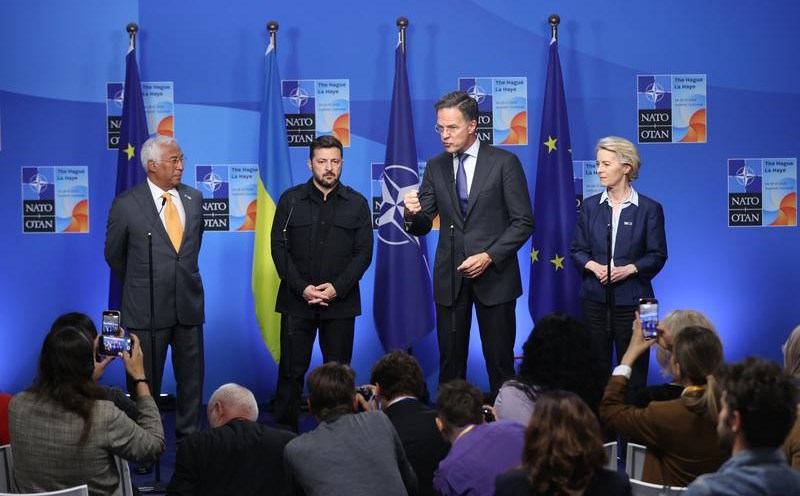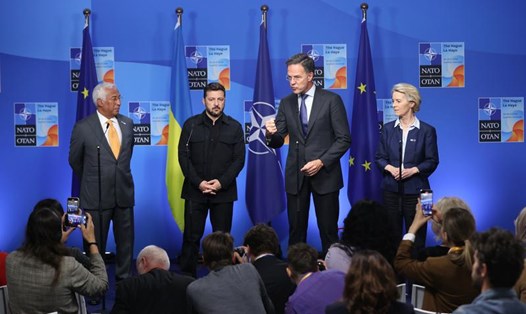TASS reported that Hungarian Prime Minister Viktor Orban announced that Budapest will not join the European common currency area of Eurozone, saying that the European Union (EU) is "shaky" and does not want to get deeper.
Speaking in the Money Talks podcast of the Hungarian Chamber of Commerce and Industry, Prime Minister Viktor Orban affirmed that at this time the government has no plans to put the euro into circulation in Hungary.
This issue will definitely not be on my agenda. The European Union is shaken, and I do not want to attach the fate of my country to such an organization, Mr. Orban emphasized.
The Hungarian leader said that without fundamental changes, the EU would be just a "temporary period" in the history of European countries, referring to the instability in the current alliance model.
Mr. Orban's new statement is considered one of the most direct statements about Hungary's future orientation in the EU.
Since joining the alliance in 2004, Budapest has been delaying its participation in the eurozone, citing the country's failure to meet the conditions of Maastricht - including public debt requirements, budget deficits, inflation and exchange rate stability.
However, according to observers, the real reason lies in the desire to maintain monetary sovereignty, i.e. control of interest rates and national financial policies - something that euro-using countries are forced to share with the European Central Bank (ECB).
The Hungarian government has repeatedly affirmed that joining Eurozone at this time will make the economy unable to self-adjust, especially in the context of Europe facing high inflation, slow growth and internal divide.
The Hungarian leader's warning comes as the EU struggles with many challenges such as the energy crisis, defense budget disputes, a wave of drugs in many countries, and rising tensions with Russia.
There are currently 7 EU countries that have not joined the common currency area of Europe, including Hungary, Bulgaria, Denmark, Poland, Romania, the Czech Republic and Sweden. Of which, Denmark has the right to a special exception, while Central and Eastern European countries, including Hungary, are still cautious about the pressure to integrate further.











